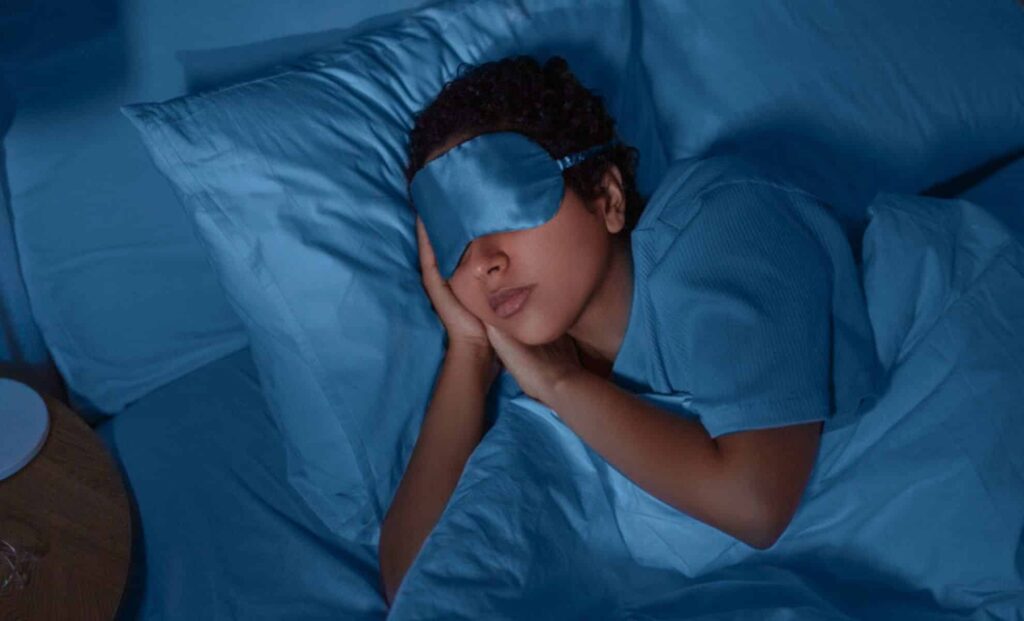A comprehensive review published in the peer-reviewed journal Sleep Medicine Reviews reveals that a warm bath or shower taken 1 to 2 hours before bedtime could help you fall asleep faster, sleep more deeply, and wake up feeling more refreshed. The findings stem from a meta-analysis led by researchers at The University of Texas at Austin, offering one of the most robust endorsements yet for a centuries-old evening ritual.
What the science says about hot baths and sleep
The research team, led by Shahab Haghayegh from UT Austin’s Department of Biomedical Engineering, examined over 5,300 studies, ultimately narrowing down their analysis to 17 high-quality trials exploring the relationship between passive body heating (PBH) and sleep outcomes. Their conclusion was clear: a hot bath or shower (water temperature between 40°C and 42.5°C, or 104°F to 108.5°F), taken approximately 90 minutes before bedtime, significantly improves overall sleep quality.
The key mechanism behind this effect lies in thermoregulation—the body’s internal process of heat exchange. When you’re immersed in hot water, blood vessels near the skin surface dilate, increasing blood flow and promoting heat loss after you step out of the bath. This cooling effect on the core body temperature mimics the natural physiological changes that occur as the body prepares for sleep, sending strong signals to the brain that it’s time to wind down.
One of the key metrics the researchers looked at was sleep onset latency—the time it takes to fall asleep after getting into bed. The hot bath reduced this by an average of 10 minutes, which might not sound life-changing, but for insomniacs or light sleepers, it’s a notable improvement.
“This drop in core temperature acts like a biological cue, making it easier to drift off and achieve deeper stages of sleep,” explains Haghayegh in an interview with The University of Texas News.
Why timing and temperature matter
While many people associate morning showers with waking up, the data suggests that your evening routine deserves just as much attention. But it’s not just about hopping into a bath right before bed. Timing is crucial.
The researchers found that the optimal window is between 1 and 2 hours before going to sleep. This gives your body time to naturally cool down following the bath, helping reinforce your circadian rhythm. The bath itself acts as a phase-shifting agent, aligning internal biological clocks with desired sleep schedules—a particularly useful tool for shift workers or frequent travelers dealing with jet lag.
Interestingly, longer baths (around 30 minutes) yielded the best results in studies, although even short showers had measurable benefits. In a related study by Japanese scientists published in Sleep and Biological Rhythms, participants who soaked their feet or hands in hot water also reported faster sleep onset, suggesting that full-body immersion isn’t strictly necessary to experience the positive effects.
Beyond relaxation: who benefits most?
While the idea of a hot bath sounds indulgent, its benefits appear to extend far beyond basic relaxation. For individuals who struggle with chronic sleep disturbances, particularly those with colder extremities or irregular circadian rhythms, passive body heating offers a non-pharmacological alternative that’s both accessible and cost-effective.
The findings are especially relevant for older adults, whose ability to regulate body temperature often declines with age, and for whom sleep disturbances are common. By gently manipulating the thermal environment, a hot bath can support natural sleep cues without interfering with medications or causing side effects.
Still, experts are quick to point out that bathing alone won’t solve all sleep problems.
“Hot water immersion is a helpful tool, but it should be part of a larger sleep hygiene routine that includes consistent bedtimes, limiting screen exposure, and reducing caffeine late in the day,” says Dr. Matthew Walker, neuroscientist and author of Why We Sleep, in an interview with Sleep Foundation.
Small habit, big difference
Whatever the case, today’s sleep problems could benefit from ancestral wisdom. Cultures from Japan to Scandinavia have long embraced bathing rituals as a nightly wind-down, and now there’s science to back it up.
In a time when sleep disorders are increasingly linked to mental health challenges, cardiovascular risks, and metabolic diseases, the idea that something as simple as a warm bath could make a tangible difference feels refreshingly accessible.

